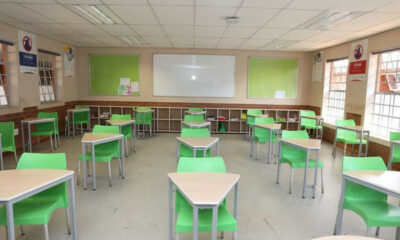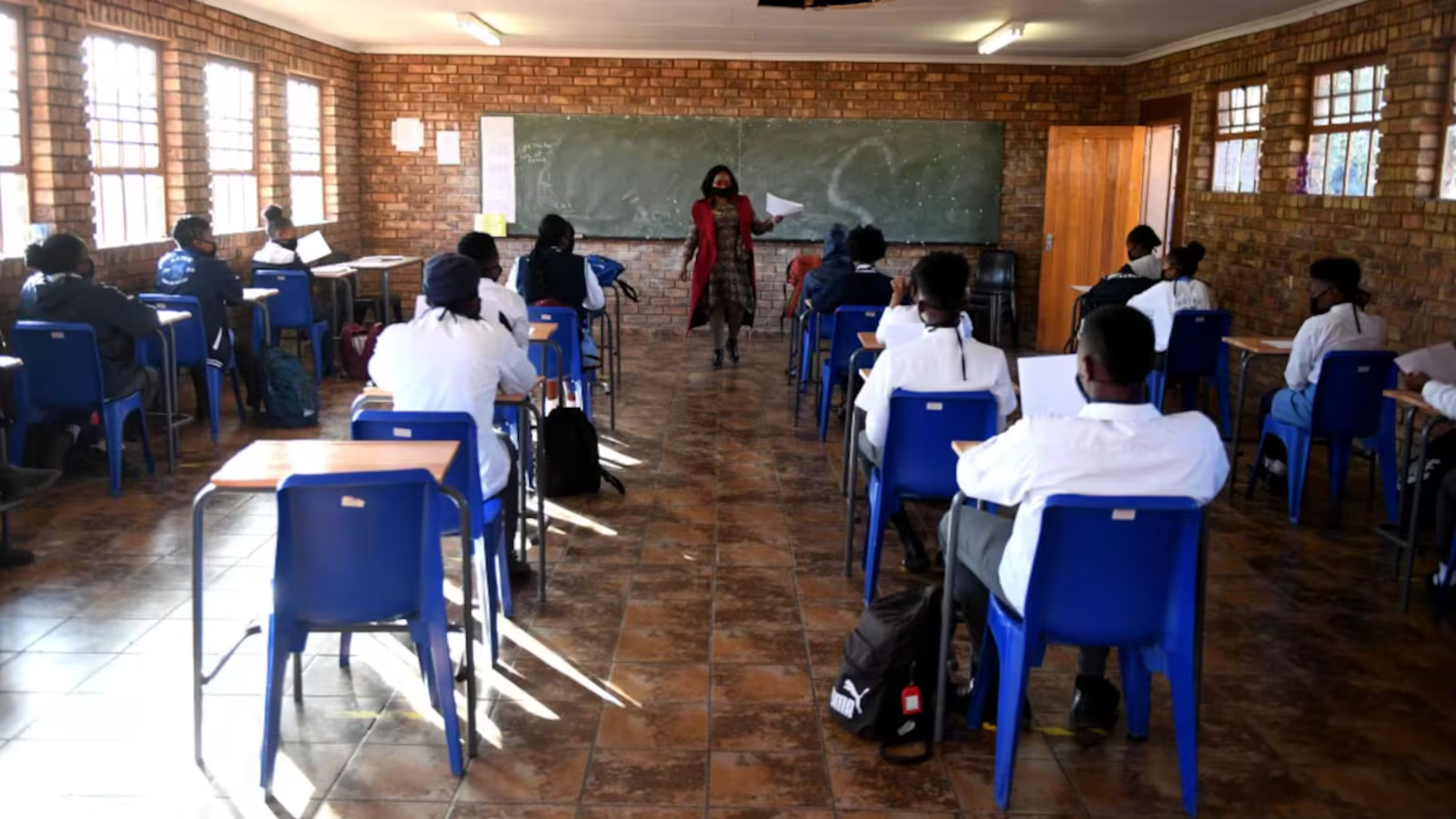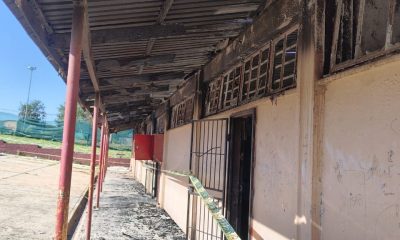News
Casa do Sol Special Needs School Faces Parent Backlash Over Fees and Sassa Grant Dispute

In Johannesburg’s leafy suburb of Randburg, a bitter standoff is unfolding at a school meant to serve some of the city’s most vulnerable children. Casa do Sol, a public special needs school for learners with intellectual disabilities, is under fire from parents and school governing body (SGB) members, who claim the school’s policies are sidelining families reliant on government support.
Many of the affected parents are caregivers of children who receive disability-related Sassa grants. They now say they’re being threatened with debt collection letters, excluded from transport services, and treated unfairly despite government policies designed to protect them.
“They Said We Must Walk”
One of the loudest voices belongs to Ms Buthelezi, a parent and former transport portfolio holder on the SGB. She’s been fighting back against what she believes is an erosion of rights for low-income families at Casa do Sol.
According to Buthelezi, some children are being forced to walk long distances to major roads like Malibongwe Drive for school pickup, rather than being collected from home. Parents have pleaded for door-to-door transport, especially given their children’s severe needs. But the school’s response, she says, has been cold: there are no extra funds and no plans to change the system.
Lorraine Machate, a parent from Cosmo City, said she’s had to walk her child, who has special needs, to main roads despite clear risk and discomfort. “They told us there is no bus that comes to the door. Just walk,” she explained.
Debt Letters for Grant Families
More alarming, though, is the arrival of formal debt notices to families who believed they were exempt from paying school fees. Several parents said they received full exemption confirmations but were later told these didn’t include transport costs.
According to government rules published in Gazette 29311, Sassa-funded learners can qualify for automatic fee exemption if the parent provides proper documentation. But unlike in the past, exemptions are no longer automatic unless applied for annually. The Gauteng Department of Education (GDE) has backed this policy, saying the onus is on parents to reapply each year with up-to-date affidavits or proof of grant eligibility.
That hasn’t sat well with many caregivers, especially those who say they weren’t informed properly of the shift. Several parents say the current system makes them feel penalised for relying on social support.
Inside the School Governance Battle
Buthelezi also accused the current SGB chairperson of withholding key budget information and sidelining members who speak up. She said requests to see the transport budget were ignored, despite being part of her official SGB role.
In a particularly stinging allegation, Buthelezi claimed the chairperson approved a R100 000 year-end party for staff while parents were receiving bills for bus services.
The Gauteng Department of Education confirmed that it received a complaint and has since reached out to Buthelezi with an invitation to mediation. However, no comment was provided by the school principal or either the current or former SGB chairs when contacted.
Are the Teachers Qualified?
Another issue raised by Buthelezi in her report to Fedsas (Federation of Governing Bodies of South African Schools) was the alleged mistreatment of children by unqualified caregivers. The GDE has firmly denied this, stating that all educators at Casa do Sol are qualified and fit to work with learners who have special needs.
Meanwhile, some learners, like Machate’s daughter, have been forced to exit the school upon reaching the age limit of 21. The GDE says this policy is in place to make space for younger children and that families can seek further support from the Department of Social Development.
What Happens Next?
The situation at Casa do Sol reveals deeper tensions between education policy and lived experience. While the Gauteng Department of Education maintains that procedures are being followed, many families feel they’re falling through the cracks.
As of September 2025, the mediation process is ongoing. But for parents on the ground, the damage may already be done. They’re no longer just fighting for school transport or exemption forms; they’re fighting to be seen.
Also read: Comrades Marathon Appoints Sue Forge as New Race Director
Follow Joburg ETC on Facebook, Twitter, TikT
For more News in Johannesburg, visit joburgetc.com
Source: The Citizen
Featured Image: College Counseling Now
























